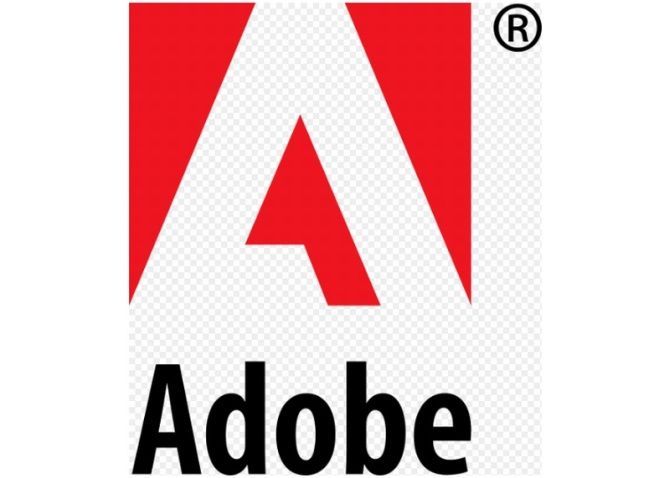Project Aero will enable creative executives and developers to design AR experiences and new forms of immersive content.
But, what makes it special is that for the first time users will be able to design an end-to-end AR experiences with little or no technical knowhow.

Software major Adobe, which shaped the design industry across the world, is conceiving another game changer that has potential to shape the future of augmented reality.
At Adobe MAX, its annual flagship event in Los Angeles, the San Jose-headquartered company gave a preview of its newest augmented reality developer tool -- Project Aero.
Augmented Reality or AR is a computer technology that lets developers superimpose virtual objects on live camera feed, giving the impression that the objects are actually in the surrounding.
Even though the technology has been there for quite some time, it is yet to make inroads into mainstream applications due to a lack of simplified software and tools to develop it.
Adobe is planning to integrate its other design sotfware such as Photoshop and Illustrator with Aero, such that graphics created on these software are interoperable and can be used for AR at the click of a button.
Project Aero will enable creative executives and developers to design AR experiences and new forms of immersive content.
But, what makes it special is that for the first time users will be able to design an end-to-end AR experiences with little or no technical knowhow.
"Adobe as a company has always embraced new storytelling mediums. Whether it's print, PC, web or mobile, we've always looked around and built creative platforms for the future," said Shanmugh Natarajan, managing director at Adobe India.
"Our goal with Aero is to establish a new discipline for immersive design and enable the creation of high-quality AR experiences."

AR and its cousin VR, or virtual reality, are technologies that have left the world obsessing over them since late 2000s.
Unlike VR, which needs a head-set, AR works on a mobile or tablet screen using the camera on the device.
In simple words, AR is 'virtual' and 'moving' object on the camera's video feed, real-time.
The tricky part is that the virtual items must stay where they are when the user moves the camera around.
AR has traditionally required sophisticated programming knowledge for mapping the surrounding and placing graphics on real objects, even as whole system moves around.
AR development is currently a scarce and sought-after skill.
"As of now, the process involves a 3D design component and hardcore coding knowledge," said Manu Trivedi, founder and CEO of VR product start-up Tantransha.
"With Aero, Adobe's aim is to let users create a lot more experiences without having too much technical know-how," he added.
With advances in computing power and programming, AR is beginning to see adoption in streams like advertising, marketing, education, industrial training and so on.
UK-based Blippar, an AR firm with engineering operations in Bengaluru, allows brands to promote their products in a special way.
A user, shopping at a supermarket, can point the phone's camera at, say, a new variety of cheese, and will see its nutrients and other constituents right on the phone screen.
In the education sector, tech firms are developing solutions in which workers and engineers can point their phones towards a chip circuit and see the labels of its various components, during training.
With Project Aero, an attempt is being made to bring standardised formats and protocols.
"Full realisation of the potential of AR requires a broad ecosystem. To that end, we are partnering with technology leaders to standardise interaction models and file formats, and to provide the creative community with the tools for creating in this rapidly advancing space," said Adobe's Natarajan.
"We're working with open standards efforts such as usdz and glTF, and leading platform vendors, together with Pixar, Apple, Facebook, and Microsoft and the creative community, to deliver a comprehensive AR offering."
The company said, Aero is currently in beta stage and is available to users on invite-only basis. Mass roll-out will happen in 2019.











